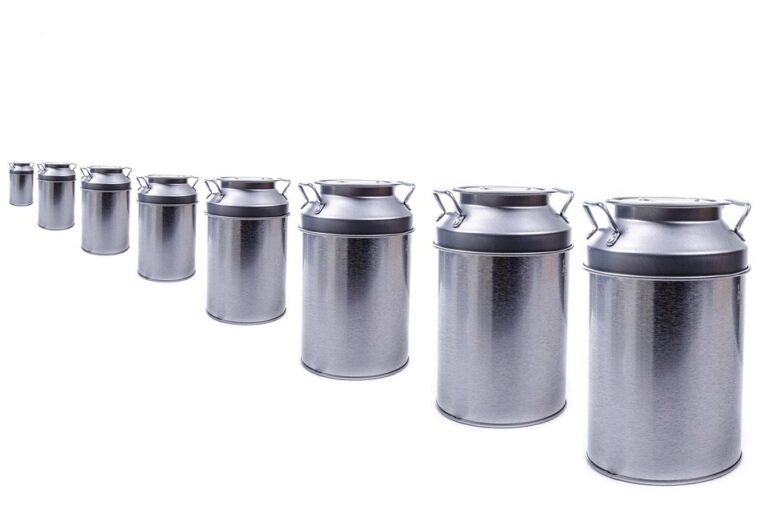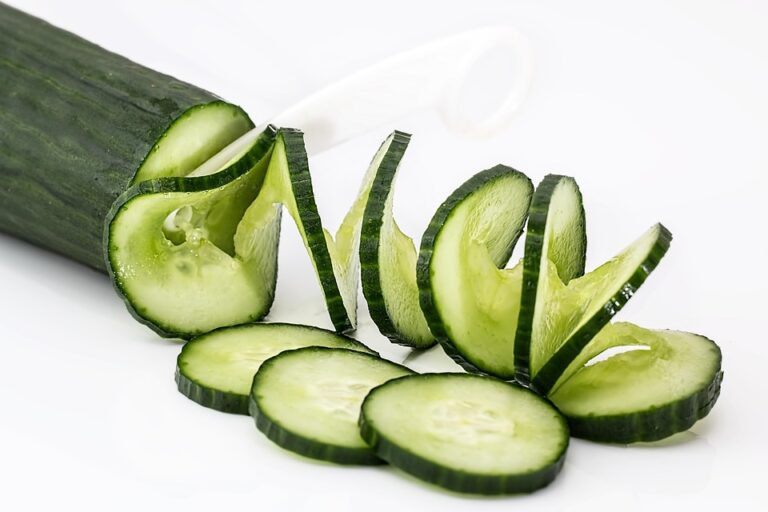
The Essential Guide to Choosing the Right Iron Supplements: Types, Brands, and Buying Tips
Iron deficiency is a silent epidemic that affects millions across the UK and beyond. For many, the struggle to maintain optimal iron levels can lead to fatigue, weakness, and a host of other health issues. As a result, choosing the right iron supplement becomes not just a matter of preference but one of necessity. However, with a dizzying array of options available, how does one navigate this complex landscape?
Understanding Types of Iron Supplements
-
Ferrous Sulfate: This is perhaps the most commonly recommended form of iron supplement. Known for its high bioavailability, ferrous sulfate is absorbed efficiently by the body. Yet, it’s not without its downsides—some users report gastrointestinal discomfort, including constipation or nausea.
-
Ferrous Gluconate: A gentler alternative, ferrous gluconate is often suggested for those who experience side effects from ferrous sulfate. Although it may have a slightly lower iron content, its milder nature makes it a popular choice, particularly for individuals with sensitive stomachs.
-
Ferrous Fumarate: This form of iron strikes a balance between efficacy and tolerability. It is well-absorbed and may cause fewer side effects compared to ferrous sulfate, making it a suitable option for many.
-
Liquid Iron Supplements: For those who struggle with swallowing pills, liquid iron supplements provide an alternative. They often come flavoured, which can mask the metallic taste, but they may also contain additional sugars and additives, so it’s vital to read the labels carefully.
Selecting the Right Brand
When it comes to brands, the choices can be overwhelming. Renowned names like Solgar, Floradix, and Nature’s Bounty have built reputations based on quality and efficacy. However, it’s important to consider factors beyond mere brand names:
-
Third-Party Testing: Opt for brands that undergo rigorous third-party testing. This ensures that what’s on the label is genuinely what’s in the bottle.
-
Transparent Ingredients: A reputable brand will disclose all ingredients, including any fillers or additives. Avoid those that use proprietary blends without clear information.
-
Customer Reviews: Feedback from fellow consumers can provide insight into the effectiveness and tolerability of a product. Look for brands that have a plethora of positive reviews focusing on real-user experiences.
Buying Tips
Navigating the world of iron supplements requires a discerning eye. Here are a few pointers to ensure you make an informed decision:
-
Consult a Healthcare Professional: Before starting any supplement, especially iron, it’s prudent to consult with a healthcare provider. They can recommend the best type and dosage based on individual health needs.
-
Check Dosage Levels: Iron supplements vary widely in dosage. The Recommended Dietary Allowance (RDA) for iron is 8 mg for men and 14.8 mg for women. However, some supplements contain much higher doses, which can be excessive and harmful.
-
Consider Dietary Sources: Supplements should not replace a balanced diet rich in iron. Foods like red meat, legumes, and leafy greens should still form the core of your nutritional intake.
-
Watch for Interactions: Some foods and medications can inhibit iron absorption. For instance, calcium and certain antacids can interfere with iron uptake. Timing your supplement intake accordingly can make a significant difference.
The Bigger Picture
Iron supplementation is not merely a matter of choice; it’s a crucial element of maintaining overall health. In a world where diet alone may not suffice, understanding the nuances of iron supplements can empower you to make the right decisions for your wellbeing.
At BargainsTrust, we are committed to bringing you the latest insights and selections to help you navigate the complexities of health and wellness. Explore our curated recommendations and make informed choices that support your journey towards optimal health.






